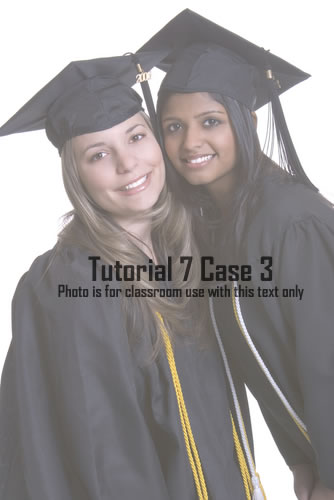Baxter Lake Community College
|
|
Department ChairFaculty
LocationThe Bremsen Building
|
OUR PHILOSOPHY OF TEACHINGThe faculty are dedicated to creating a learning environment that fosters academic achievement and mutual respect for the rights, ideas, and opinions of others. These are the primary methodologies employed: Use a Variety of Teaching MethodsWe do not presuppose that all students have the same learning styles. Some students learn through memorizing or through explanation or demonstration; others, by reading and drawing their own conclusions. For example, these are some common learning styles:
Cognizant of the differences in student learning styles and being aware that each student acquires information differently, we take learning differences into account by varying the methods and approaches used. An eclectic teaching methodology must, therefore, prevail – to teach one way is the wrong way. Common principles followed here include:
Encourage Ongoing Student-Teacher DialogueFaculty make every effort to provide time for discussion of class problems. There is a student-teacher dialogue. The students, therefore, work in partnership with the professor to clarify, explain, and better organize the content of the course. By discussing common problems with the students before the lesson begins, students see that others make errors and that making errors should not lead to a lessening of self-esteem. Instead, they learn that it is normal to occasionally encounter difficulty and there are strategies that can be used to overcome these difficulties. Maintain Good Student RapportFaculty strive at all times to encourage thinking as opposed to memorization. Memorization is required only when necessary. Instead, students are taught cognitive problem solving. When these students enter the business workforce, they will be required to exhibit creativity, to show the ability to solve problems, and to demonstrate sound decision making. Because of these impending job requirements, students must learn how to extrapolate what has been learned in the classroom so that they can apply their current learning to new situations. Students learn not to be teacher-dependent for the right answers because they can apply a transfer of existing learning that will give them the 'knowledge tools' for solving future problems. Establish Fair, Measurable, and Attainable GoalsEach student knows what is expected of him or her and the time and manner of evaluation. Evaluation represents a fair, semester-long sample of a student's work, taking into account that a student's ability on a given day in a certain subject can be prone to negative outside variables – illness, family problems, fatigue, etc. Testing is done in moderation, and the results of each question in each exam are analyzed to improve instruction. Student feedback is used to improve future exams to reduce the number of questions that may be deemed by the students to be ambiguous or peripheral. The fairness and clarity of each question is always under review. Motivate Students to LearnFaculty are generous with deserved praise for a job well done; as a result, students get a sense of achievement, belonging, and a feeling of satisfaction. Students are constantly reminded of the relevance of the day's lesson to future work goals. Students are told what they are going to learn today and why it is important. The proper amount of practice is provided, and the students perform an abbreviated example of the lesson. This practical application of instruction reinforces productive behavior that promotes learning and effects retention. Until the student has applied what has been taught, neither the student nor the teacher can really be certain that there has been successful instruction on the part of the teacher and complete learning on the part of the student. Maintain a Well-Managed Classroom EnvironmentThe classroom itself represents a planned, organized atmosphere. A work-oriented feeling prevails in the class right from the beginning. This self-directed activity is the pattern expected by a prospective employer; thus, the students are learning good job habits as well. Student anxiety is low because openness is the norm. Faculty try to maintain a positive, non-threatening, humanistic climate at all times. Do You Want to be This Type of Teacher?If the answer is yes, please contact our Admissions Office, located in Sandler Hall, Room 212. admissions@baxterlake.edu Department Chair National Education Association Back to Top |


